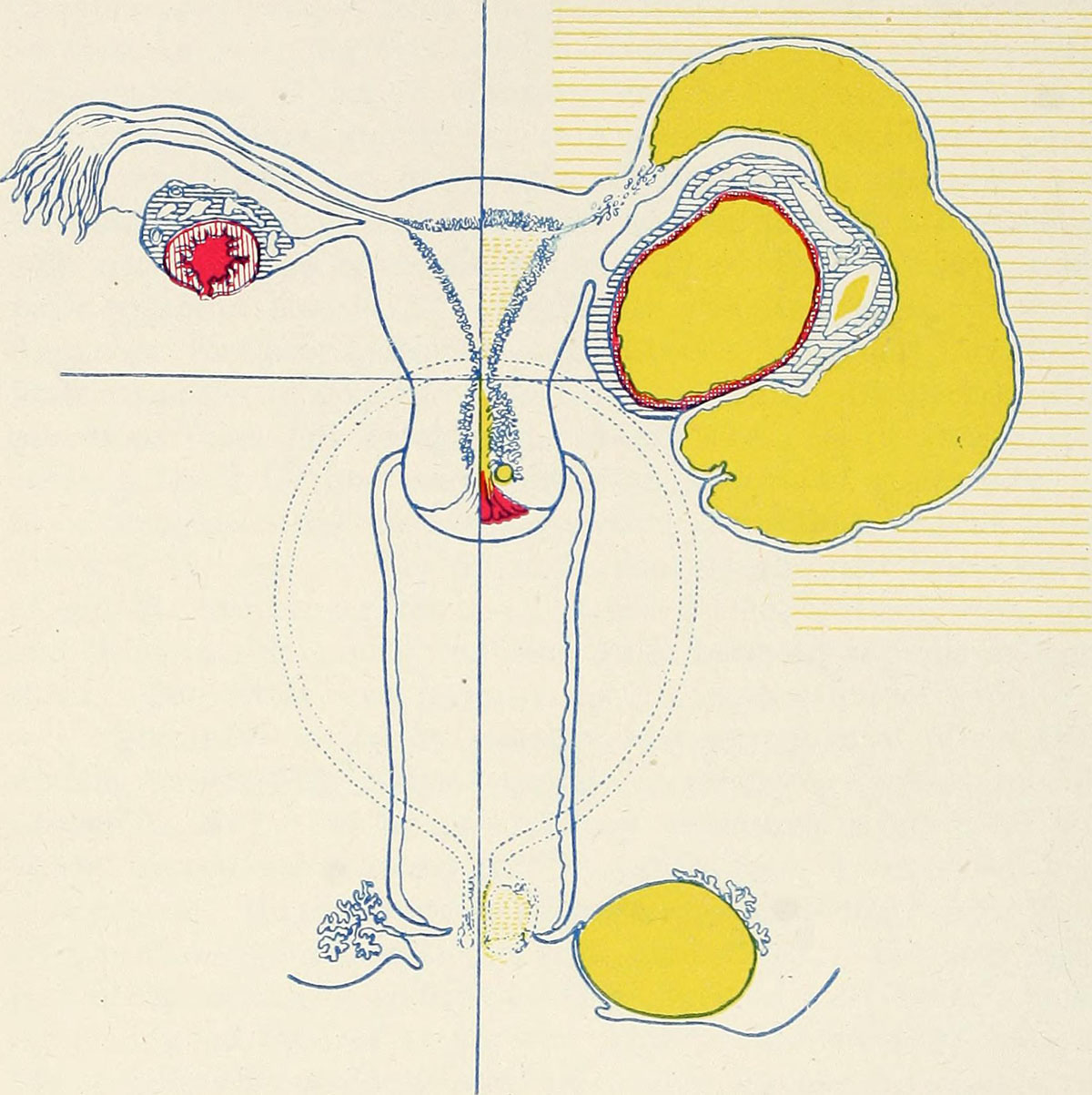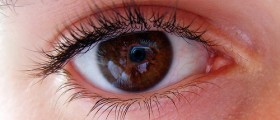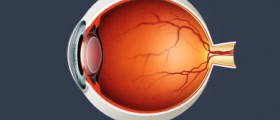
Information on Lutein
Lutein is a word which is derived from the Latin word luteuswhich stands for yellow. It is actuallya yellow pigment and it is scientifically referred to as xanthophylls. Luteusis a carotenoid type of vitamin which means that it is a close relative tovitamin A and beta-carotene. There are numerous food items which are excellentsources of lutein, but the best ones include corn, oranges, grapes, kiwifruit,spinach and broccoli. Nutritionists suggest that lutein needs to be ingestedwith foods which are rich in fat. Lutein is very important for the overallhealth of the eyes and it is very efficient in preventing numerous differenttypes of eye related medical conditions. Unfortunately, lutein can also beassociated with certain side effects in some cases. These are mostly affiliatedwith the consumption of ocuvite lutein which is antioxidant type of vitaminsupplement reinforced with certain types of minerals.
Side Effects of Lutein
Most nutritionists suggest that it is much better to consumelutein regularly in its natural from than to take any pharmaceutically producedtype of pill. In spite of that, there are a large number of people who stillprefer taking numerous different types of artificial forms and supplements oflutein. The human body cannot process or even manufacture lutein on its own. It gets deposited in the skin and inside theeyes. In most cases, lutein does not get piled up unnecessarily. If one wantsto have good eyesight it is recommended to ingest up to milligrams of lutein ona regular daily basis. Consuming 10 milligrams of lutein each day may come invery handy when it comes to prevention of various different types of retinaldisorders, cancer and the age related macular degeneration. The main problemwith lutein is that its side effects were never studied scientifically. This ismainly due to the fact that the side effects of lutein can be triggered by avast array of factors such as status of eyesight, gender, age and weight of apatient. Lutein for medicinal purposes can only be taken under supervision of aphysician. The first type of side effects is generic and it may include chestpain, common cold, irritating cough and various other breathing problems.Intense deposition of lutein in the human body may lead to irritation of theskin and the eyes, and a feeling of dizziness as well. Extreme cases mayinvolve minor digestive problems, heartburn, itchy eyes, blurred vision andswollen facial skin. Another side effect is carotenosis, which is actually ayellowing of the skin.

















Your thoughts on this
Loading...